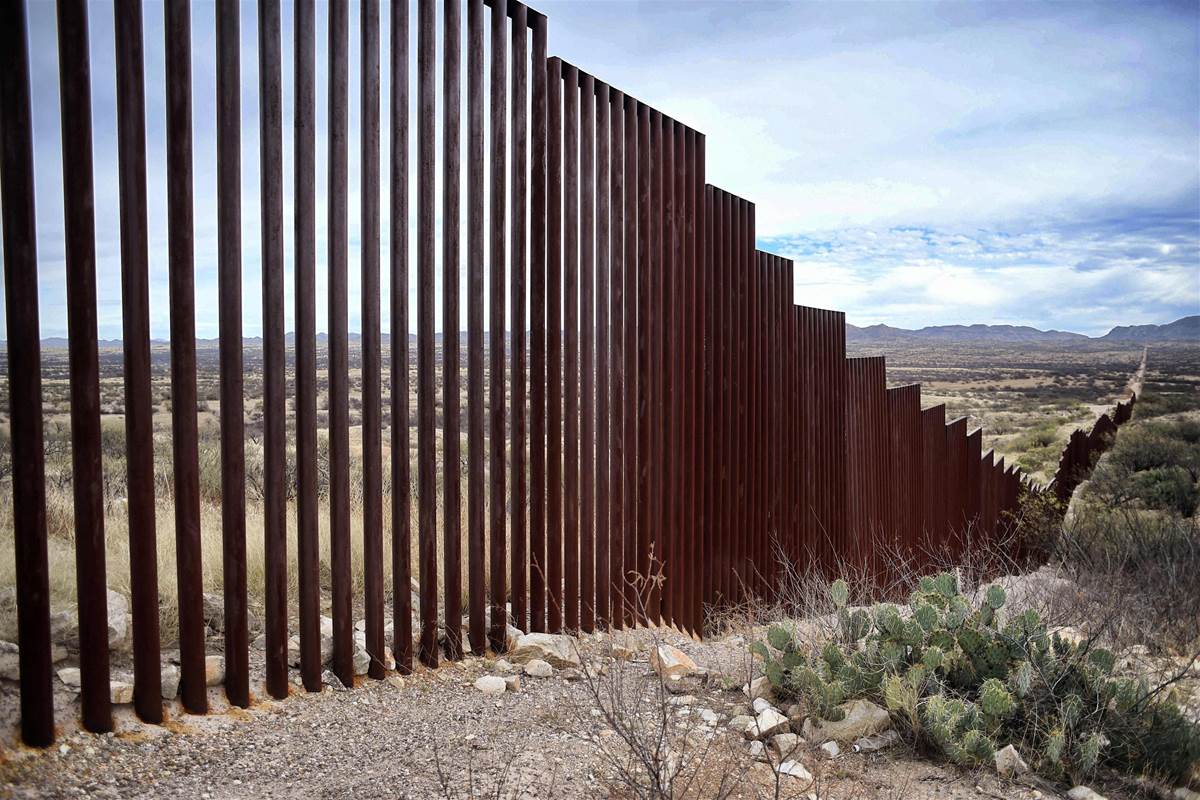Who’s going to pay for the infamous border wall? Maybe not Mexico directly, but Mexicans residing in the U.S. may help foot the bill, if certain members of Congress get their way.
One of the bold promises made by President Trump during his campaign was to build a wall across the southern border of the U.S. to block illegal immigrants and require Mexico to pay for it. Although the president has now conceded that the U.S. must pick up the tab for building the wall, at least temporarily, some GOP supporters have devised and end-around. Under the Border Wall Funding Act of 2017, introduced on March 30 by Representative Mike Rogers (R-AL), a 2 percent tax would be imposed on all person-to-person wire transfers to Mexico, the rest of Latin America and the Caribbean.
An earlier proposal floated in the Senate, which didn’t advance out of committee, would have created a 7 percent fine on remittances if the sender could not prove legal U.S. residence. Both Congressional measures were intended to apply only to personal transfers and not to businesses moving money abroad to Mexico or one of the safe tax havens like the Cayman Islands.
“This bill is simple — anyone who sends their money to countries that benefit from our porous borders and illegal immigration should be responsible for providing some of the funds needed to complete the wall,” said Rogers in a press release. “This bill keeps money in the American economy, and most importantly, it creates a funding stream to build the wall.”
But detractors protest that this amounts to double tax. First, someone who earns money in the U.S. from a job or other avenues pays income tax on the earnings. Then, when that person sends money home to relatives living in Mexico or another Latin America country, it’s taxed again.
How much revenue would such a border wall tax generate? Estimates vary. While the World Bank puts remittances from the U.S. at around $50 billion a year, the Pew Research Center placed the figure closer to $133 billion in a 2015 analysis.
Certainly, Mexico is one of the main benefactors, with China and India next in line. Conservatively, if the event the current House bill were passed, it would result in extra tax revenue of more than $2 billion a year.
President Trump had already proposed that taxing remittances sent back home might be a substitute method for paying for the wall. But his initial plan was complicated, requiring new regulations for wiring transfers that ultimately might force Mexico into cutting Uncle Sam a big check. Trump also threatened to cancel visas, boost fees on visas issued to Mexicans and impose tariffs on Mexican goods imported into the U.S. as a way to force our southern neighbor to play ball.
The new House bill is much simpler and spreads out the tax misery to a wider segment of the population. And it’s not without precedence. Oklahoma imposes assesses a 1 percent fee on person-to-person money wire transfers that leave the state boundaries.
What about remittances sent back to the U.S.? According to the Pew report, only $7 billion was shipped back home in 2015, a relatively small fraction compared to the outgoing funds.
This is a highly-charged political issue so the bill won’t sail swiftly through Congress. We will see if the Trump administration can help navigate a wall-building legislation to the President’s desk.
Thanks for reading CPA Practice Advisor!
Subscribe Already registered? Log In
Need more information? Read the FAQs





